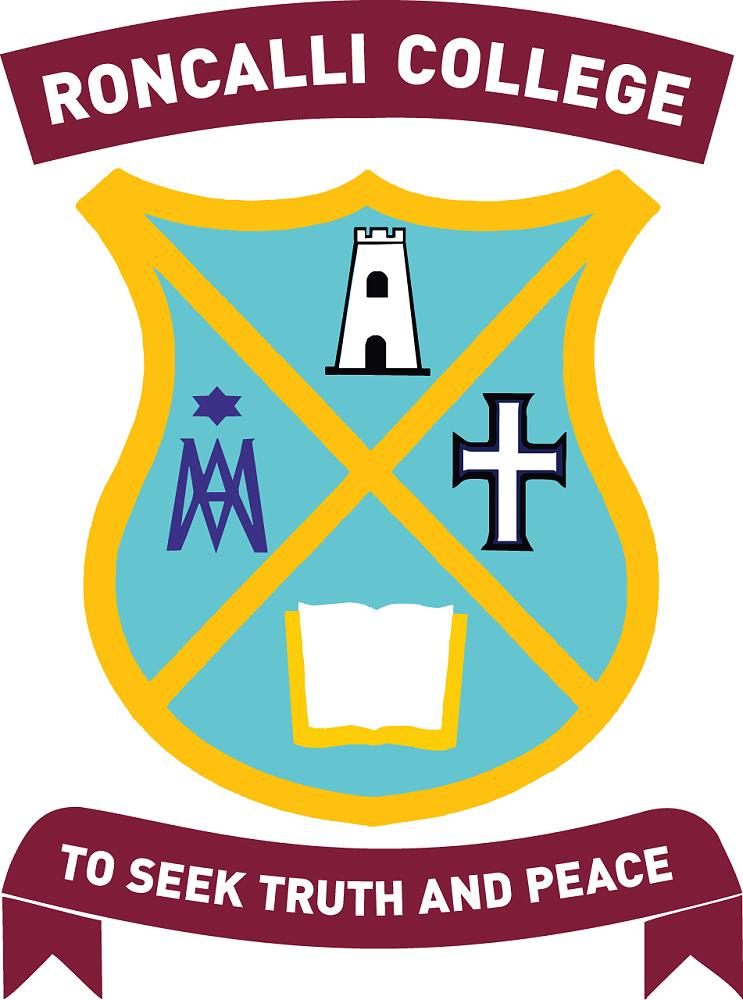
Assessment Authenticity
Important information for parents, caregivers and students
As times have evolved, information is more readily available to all, especially now with 'AI - Artificial Intelligence' ramping up. It is timely to remind you of the following processes and policies we have at the College for authenticity of work.
Although the following is outlined for NCEA, best practice at the College is that the rules apply to all assessments handed in at the College and therefore are relevant to any assessment submitted to the College for Year 9 - Year 13.
AUTHENTICITY / BREACH OF ASSESSMENT RULES
4.1.1 Authenticity is the assurance that evidence of achievement produced by a learner is their own. There are three broad categories of authenticity challenges that need to be managed during the assessment process:
• Copying from another person or source (plagiarism)
• Receiving too much guidance from the teacher or assessor
• Obtaining specific answers for the assessment activity because it is publicly available (such as Ministry of Education activities on the internet.)
4.1.2 Students are encouraged to discuss their ideas and to seek advice as part of their preparation for an assessment task. This is a valuable part of the learning process. However, the College must be satisfied that work submitted is the student’s own, and that it was completed without undue assistance from others.
4.1.3 By handing in a piece of work for assessment a student is claiming that the work is their own. When submitting work, a student must meet the following requirements:
• Roncalli College requires that all assessments completed by a student be their own work.
• Work that directly quotes or copies ideas, words or forms of another person must be properly acknowledged (referenced/cited) and attributed to that person.
• For small group assessments the contribution of each group member should be clearly stated.
4.1.4 If, in an assessment task (formative or summative), a student displays disruptive behaviour likely to hinder positive outcomes for other students, the student will be warned and if the behaviour persists, may be asked to leave the assessment room. Should this occur the student will not be granted any further assessment opportunity.
4.1.5 Students found to knowingly, fraudulently or unwittingly gain an advantage which undermines the credibility of the grade or who is suspected of cheating in assessments will be subject to disciplinary proceedings. In these instances, a Not Achieved grade must be awarded and reported to NZQA.
4.1.6 Students who allow another student to copy their assessment task will be in breach of authenticity requirements and subject to disciplinary proceedings. In these instances, a Not Achieved grade may be awarded and reported to NZQA.
4.1.7 Any drawings or language deemed to be offensive by the Principal’s Nominee found on any internal standard will result in the script not being marked and the grade of Not Achieved being reported to NZQA.
4.1.8 The teacher in conjunction with the Curriculum Leader will investigate any possible breach of the rules by a candidate in an internal assessment in accordance with College procedure. College procedures are monitored by NZQA as part of the Managing National Assessment systems check.
4.1.9 Candidates have the right to appeal any decision made by the College relating to any possible breaches of the rules under the College’s appeal process. Appeals need to be made to the Principal’s Nominee who will investigate. The Principal will make the final decision which will be binding.
4.1.10 In proven cases where a deliberate breach of authenticity has occurred, the resulting grade of Not Achieved will automatically be awarded. Parents/caregivers will also be notified. Authenticity and referencing is clearly discussed with all students throughout the year in all subject areas. How to correctly reference is also taught and revised in various subjects at the College. Senior students are aware that any work submitted to the College must be their own work and is stated in the NCEA Assessment coversheet which is discussed prior to beginning, and then attached to all assessment tasks. The information above can be found in the NCEA handbook which has been sent to all Senior students and caregivers/guardians. If you have any questions regarding the information above please do not hesitate to contact your students Learning Advisor.
